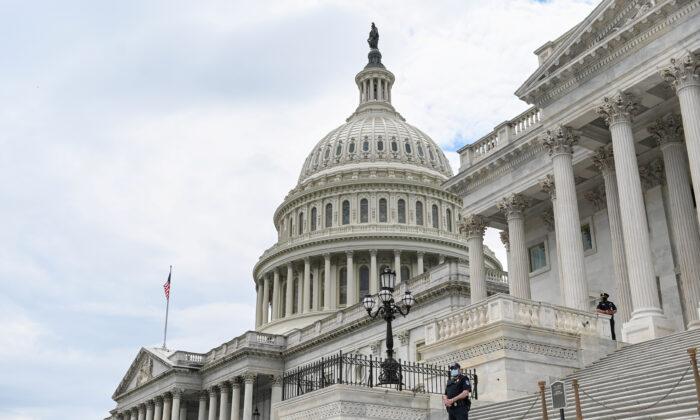The U.S. House of Representatives on Feb. 1 reintroduced a bill with bipartisan backing that would make it illegal to import into the United States all goods from China’s northwestern Xinjiang region, unless it can prove that forced labor was not involved in their production.
It would grant President Joe Biden the authority to place sanctions against any individual responsible for slave labor practices forced upon the region’s ethnic Uyghurs, the majority of whom practice Islam.
The House Bill would also require companies listed in the United States to provide financial disclosures on its interaction with Chinese firms and entities engaged in abuses, a provision not included in the Senate version.
The Trump administration placed sanctions on entities and individuals responsible for atrocities in the region. It also imposed a ban on all cotton and tomato products from Xinjiang over forced labor practices.
Xinjiang’s economy is “built upon a foundation of forced labor and repression,” said Jim McGovern, the U.S. representative and co-chair of the Congressional-Executive Commission on China, on reintroducing the bill.

“We have watched in horror as the Chinese government first created, and then expanded a system of extrajudicial mass internment camps targeting Uighurs and Muslim minorities,” he said.
“Many U.S., international, and Chinese corporations are complicit in the exploitation of forced labor and these products continue to make their way into global supply chains and our country. It is long past time for the Congress to act,” he added.
President Joe Biden and his administration have so far been vocal in condemning the Chinese regime for its human rights abuses.
The president however was criticized for saying that “culturally, there are different norms in each country” when asked about the Chinese Communist Party’s (CCP) repression of Uyghurs.
Newly appointed Secretary of State Anthony Blinken however has said the new administration has some reservations about former President Donald Trump’s approach to China.





